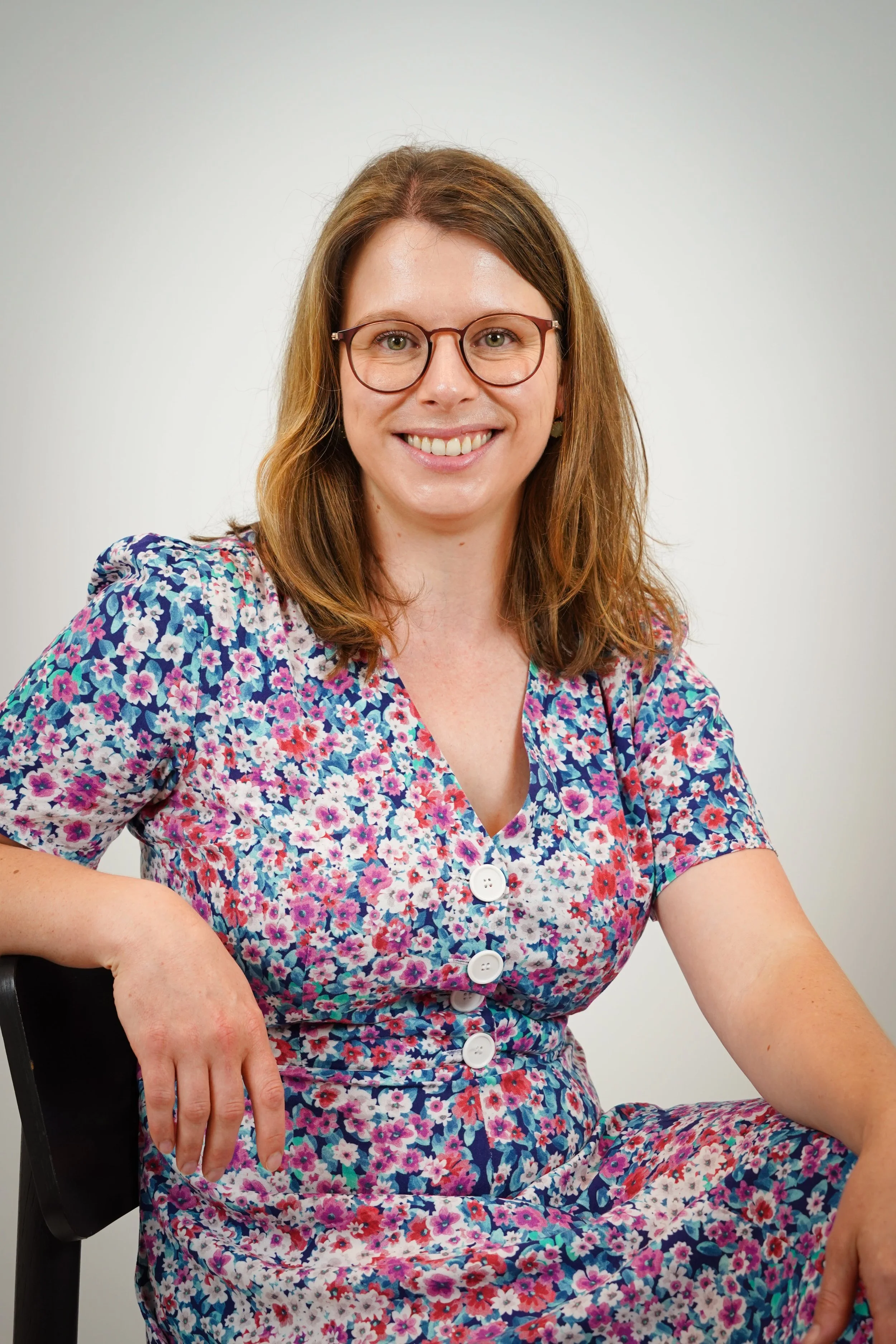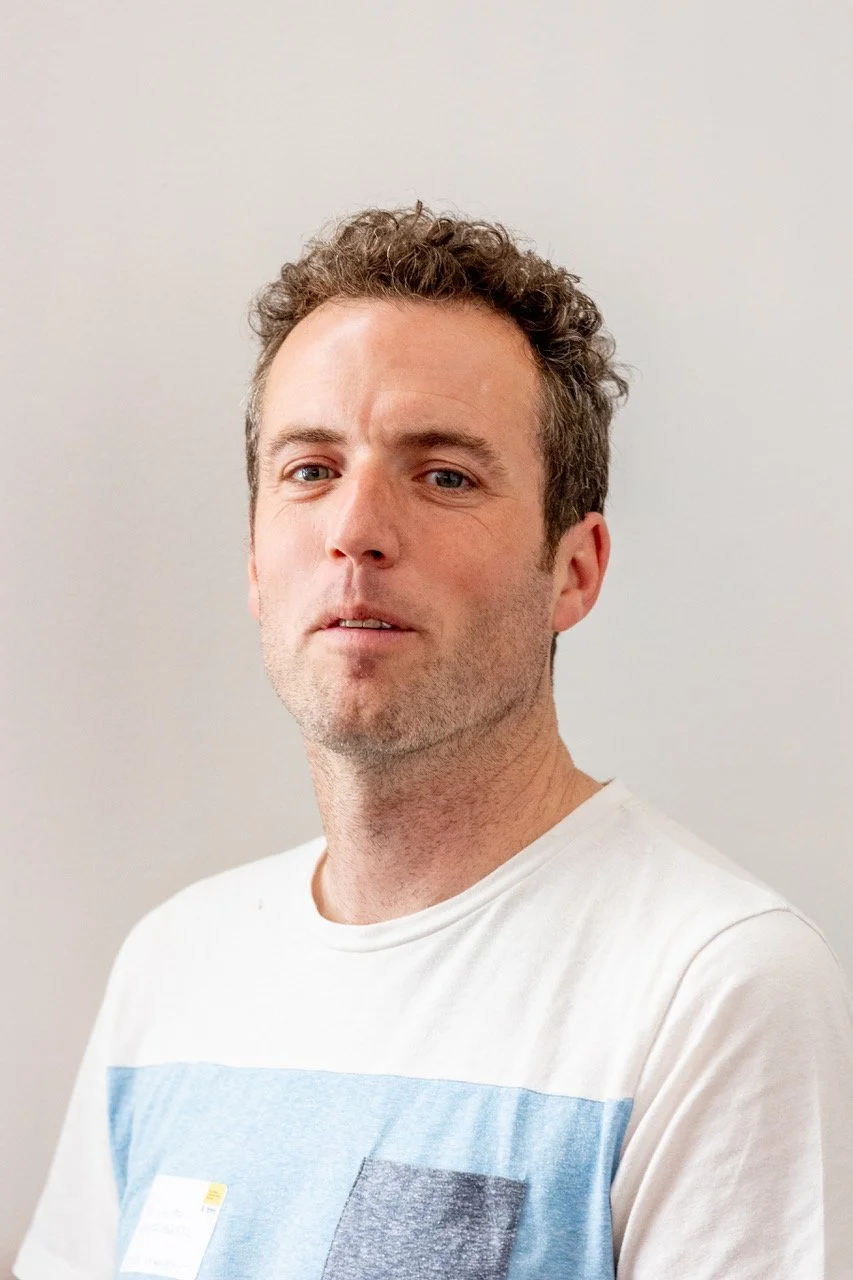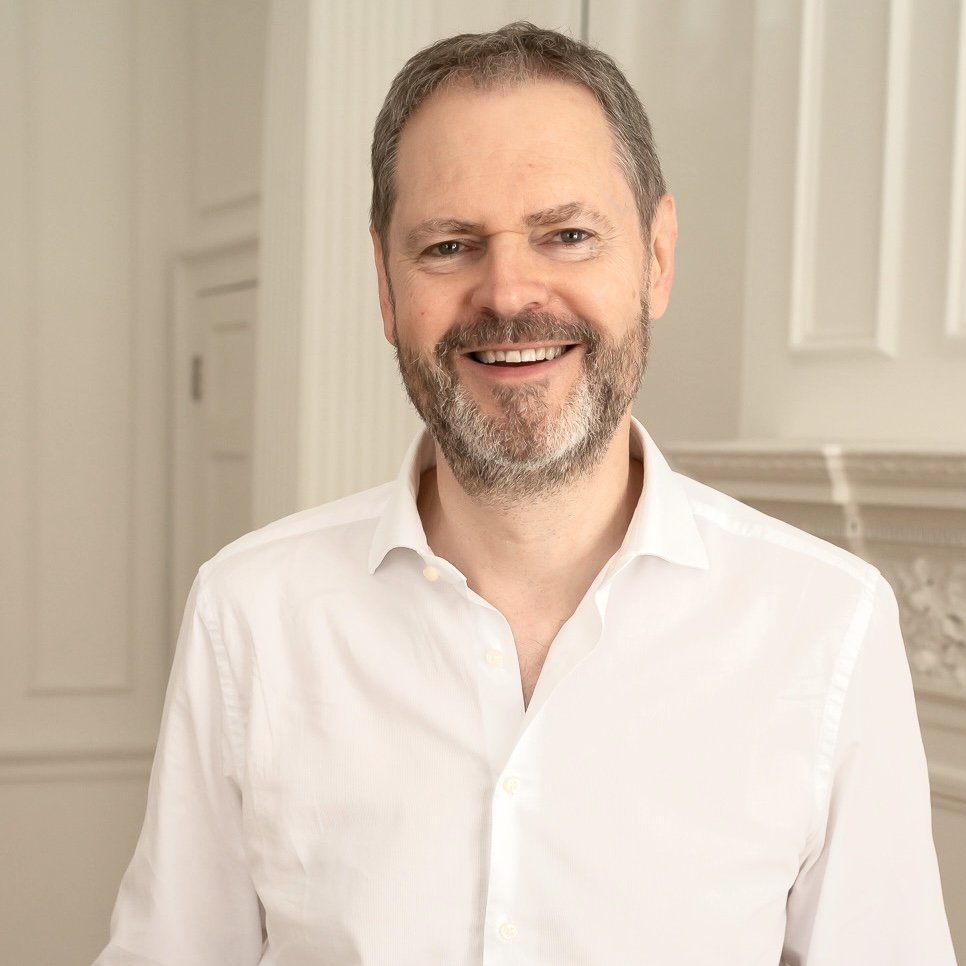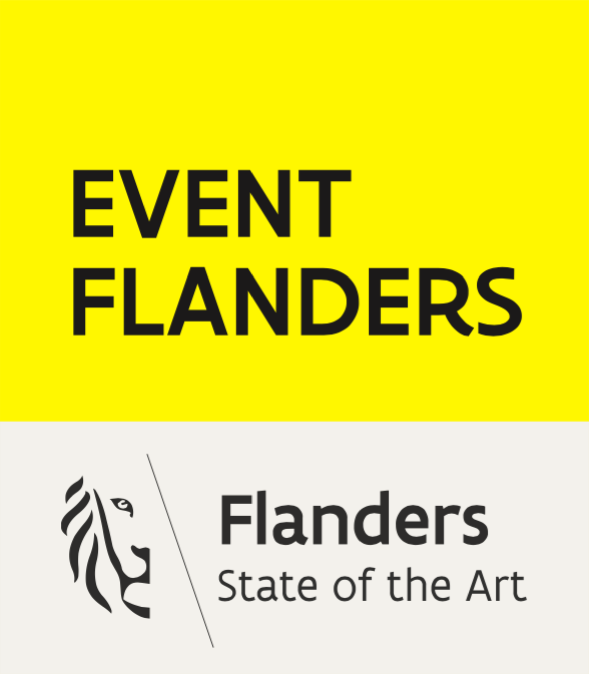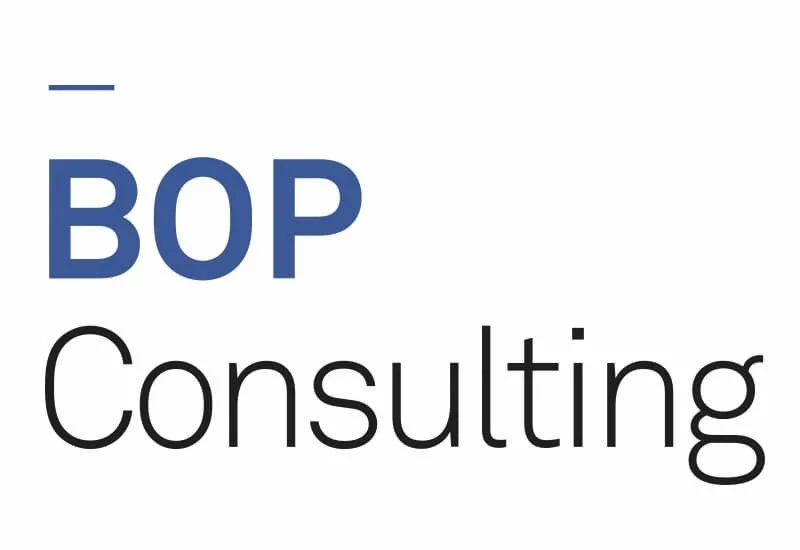
DRIVING REAL SOCIAL IMPACT
BY CO-CREATING A THEORY OF CHANGE
Social impact doesn’t happen by accident—a co-created Theory of Change aligned to clear outcome measures across key stakeholder groups is vital.
Kevin McMullan, (Event Flanders, Belgium)
Louise Derre (Visit Flanders, Belgium)
Richard Naylor (BOP Consulting, UK)
EXECUTIVE SUMMARY
· Most events still rely on economic metrics, ignoring the harder-to-measure but vital social outcomes.
· Flanders’ approach embeds social impact into event planning through co-creation and Theory of Change models.
· Proven tools from other policy sectors can—and must—be adapted for credible social impact measurement.
· Overpromising outcomes erodes trust; managing expectations through evidence-based planning is essential.
· Honest evaluation means recognising both positive legacies and negative consequences—especially environmental and social costs.
Flanders is trying to do things differently.
Faced with limited public budgets and growing demands for accountability, EventFlanders—a government-backed initiative supporting major cultural and sporting events—has placed social impact at the heart of its evaluation strategy. It’s a bold move, and one that reflects a deeper global shift: policymakers, funders, and communities are no longer satisfied with glossy reports celebrating short-term economic boosts. They want to see evidence of long-term, tangible, and equitable benefits.
This is the story of how a small European region, working with national and international partners, is rethinking what success means for events—and how the world can learn from it.
What makes an event truly successful? Is it the number of tickets sold, the media buzz, or the money flowing into local businesses? Or is success something far harder to count—like building community pride, strengthening social bonds, or leaving people healthier, more connected, and inspired long after the crowds disperse?
The uncomfortable truth is that most event evaluations still obsess over the easy-to-measure economic indicators: hotel bookings, spending patterns, and jobs. But behind the headline figures often lies a shallow understanding of what events do for—and to—society. The risk? Cities pour millions into events designed to foster unity, inclusion, or health, only to find that those outcomes were never meaningfully measured, let alone achieved.
INTRODUCTION
“The uncomfortable truth is that most event evaluations still obsess over the easy-to-measure economic indicators—while the deeper social impacts are ignored.”
THE PROBLEM AND/OR OPPORTUNITY
For decades, the dominant approach to evaluating events has prioritised economic metrics—spend per visitor, hotel occupancy rates, employment effects. These are important, but they offer only part of the picture. Events are also platforms for improving wellbeing, promoting social inclusion, fostering civic pride, and catalysing long-term community development. Yet these more complex, intangible outcomes are often poorly defined, inconsistently measured, or entirely overlooked.
This creates two problems. First, policymakers lack the evidence to justify investments based on broader societal benefits. Second, organisers risk overpromising on social outcomes they cannot substantiate—fuelling public scepticism, especially in communities that feel marginalised or excluded.
The opportunity is clear: by embedding rigorous, evidence-based social impact measurement into event planning and evaluation, governments and organisers can deliver more meaningful outcomes—and restore public trust.
WHY DOES THIS MATTER NOW?
Across the world, public scrutiny of events is intensifying. Communities are asking tougher questions: Do events genuinely benefit local people? Who gets a voice in shaping them? Are the promised legacies real, or just political theatre? At the same time, governments face mounting pressure to ensure public spending delivers clear, equitable, and lasting value.
The old model—host the event, publish an economic impact report, move on—is no longer sufficient. Events increasingly intersect with debates on social justice, urban inclusion, environmental responsibility, and cultural identity.
If organisers cannot demonstrate credible, measurable social impact, events risk losing their social licence to operate.
In Flanders and beyond, the message is clear: for events to thrive in today’s political, economic, and social climate, measuring what matters—including social outcomes—is not optional. It’s essential.
“If organisers cannot demonstrate credible, measurable social impact, events risk losing their social licence to operate.”
HOW DOES THIS ADD TO WHAT WE ALREADY KNOW?
For years, research and policy have acknowledged that events can generate positive social outcomes—enhancing wellbeing, building social cohesion, promoting civic pride, or inspiring healthy lifestyles. Yet, translating these ideals into practical, consistent evaluation has lagged behind. Many assessments remain fragmented, anecdotal, or dominated by economic data that oversimplifies success.
Event Flanders, working with BOP Consulting, academic partners, and local communities, is challenging this status quo.
Their approach builds on two decades of international research on event impacts but goes further by systematising the measurement of social outcomes across multiple events, years, and sectors. Crucially, they have embedded this within the event planning process itself—using tools like Theory of Change to align activities with shared, realistic social goals.
In doing so, Flanders is helping to move social impact evaluation from theory to standard practice, offering a replicable model for other destinations.
-
The myth persists that events—by virtue of their scale or visibility—automatically deliver positive social change. The so-called "trickle-down" effect suggests that simply hosting a major sports tournament, cultural festival, or civic event will inspire communities, boost participation, and strengthen social cohesion. Yet, decades of research—and countless missed opportunities—tell a different story.
The truth is clear: social impact does not happen by accident. It must be intentionally designed, with clear goals, realistic expectations, and active involvement from those who stand to benefit.
This is the ethos driving EventFlanders—a process that begins long before the first ticket is sold. Working with diverse stakeholders—local governments, communities, sports federations, cultural groups—EventFlanders co-create a shared Theory of Change. This simple but powerful tool maps the needs, gaps, and realistic outcomes that an event can deliver.
For example, when Leuven hosted the World Breaking Championships, the city initially proposed a museum exhibition on hip-hop culture. On paper, it seemed a fitting tribute. But through the Theory of Change process, stakeholders realised the target community—local youth embedded in hip-hop and breaking culture—might feel alienated by a formal museum setting. The activity was scrapped in favour of grassroots-led initiatives that resonated more authentically.
The lesson? Social impact starts not with assumptions, but with design—grounded in dialogue, evidence, and the lived realities of communities.
-
Too often, event design happens behind closed doors, shaped by organisers, funders, and policymakers with little input from those who will experience the event or live with its consequences. The result? Well-intentioned activities that miss the mark, tokenistic outreach, and, in the worst cases, community resistance.
Co-creation changes that dynamic. It recognises that local people, cultural groups, sports communities, and other stakeholders hold vital knowledge about what will—and won’t—work in their context. Their voices are not a nice-to-have; they are essential to legitimacy, relevance, and real social impact.
This approach has been central to Flanders’ evolving event strategy. Involving communities early in the design process is not just about preventing missteps; it builds trust and ownership. When community leaders, cultural figures, or grassroots organisers are visibly involved, others follow. The event becomes theirs, not an external imposition.
One striking example comes from Leuven, where the city appointed a Hip-Hop Ambassador ahead of the World Breaking Championships. This figure, drawn from the local scene, became the bridge between the event organisers and the communities they aimed to engage—not just before the event, but for years after. His role continues today, fostering participation, sustaining relationships, and turning short-term events into long-term opportunities.
In a world where public trust in events is fragile, co-creation isn’t a procedural step—it’s a prerequisite for meaningful, measurable, and enduring social impact.
-
Many event organisers aspire to deliver social impact, but few invest in evaluating it with the same rigour applied to economic returns. The result is an evidence gap: bold claims about unity, pride, inclusion, or wellbeing, unsupported by credible data.
The reality is, social impact can be measured—and has been for decades—using robust, internationally recognised tools. The problem isn’t a lack of methods; it’s a lack of awareness and application within the events world.
Consider the measurement of civic pride or sense of belonging. In the UK, such indicators have been part of national government surveys for years, informing local policy on community development. The same applies to health and wellbeing, where validated surveys and global benchmarks are widely used in sectors like public health, yet often overlooked in event evaluation.
EventFlanders has begun to close this gap by integrating proven social impact measurement tools into their evaluations. Their collaboration with BOP Consulting and academic partners builds on best practices from sport, culture, and community research, applying them to events ranging from elite competitions to grassroots urban festivals.
A powerful illustration comes from Edinburgh. When BOP first evaluated the city’s famous Festivals, the headline for local politicians wasn’t about economic impact—it was about wellbeing. Data showed the festivals enhanced residents' pride, connection, and quality of life, offering leaders concrete evidence to defend cultural investment against critics.
The takeaway? Measuring social impact isn’t speculative—it’s possible, practical, and politically powerful when done well.
-
In the rush to justify funding, attract political support, or respond to community pressures, event organisers often overinflate what their events can achieve. Promises of social cohesion, inclusion, health improvements, or transformative legacies are made with the best intentions—but when outcomes fall short, trust erodes, and public scepticism grows.
Flanders’ approach provides a timely lesson: success depends as much on managing expectations as on measuring results.
One of the most common pitfalls in their Theory of Change workshops is ambition exceeding realism. Stakeholders from cities, federations, or community groups—new to structured impact planning—often draft expansive, idealistic goals disconnected from the event's actual scale, resources, or timeframe.
This matters. When expectations soar, minor achievements feel like failures, and genuine progress is dismissed. Conversely, when organisers are transparent about trade-offs, limitations, and the specific, measurable outcomes they will pursue, communities are more likely to engage and support the process.
A recent example comes from Flanders’ ASFALT urban sports event. Early ambitions ranged from grassroots participation to urban regeneration. Through facilitated dialogue, those ambitions were refined, with organisers focusing on achievable, community-driven goals and measurable social impacts—avoiding the credibility gap that plagues many events.
The message is clear: by embedding structured, honest conversations about what is—and isn’t—possible, events can maintain public trust, demonstrate progress, and avoid the backlash of unmet promises.
KEY ARGUMENTS
CONCLUSIONS
The global events sector stands at a crossroads. Communities are demanding more than entertainment and economic returns—they expect events to create lasting, measurable social value. But good intentions alone are not enough. Delivering and demonstrating social impact requires discipline, evidence, and humility.
Flanders’ evolving approach shows what this looks like in practice. By embedding social impact into the earliest stages of event planning, involving communities through co-creation, applying internationally recognised measurement tools, and managing expectations with honesty, they are building a more credible, accountable model for event delivery and evaluation.
Yet, the work is far from finished. Indeed, negative impacts need greater scrutiny, the complexity of social outcomes demands constant learning, and overpromising remains a persistent risk.
But the direction is set. The days of relying on simplistic economic indicators or glossy PR reports are over. Events must be judged by the full spectrum of their impacts—positive and negative, economic and social, planned and unplanned.
As more cities grapple with the question of how events can drive meaningful social value, the Flanders model offers not just a proof of concept, but a replicable approach that can be adapted across regions.
Those who embrace this more rigorous, honest, and inclusive approach will not only protect the legitimacy of events in an era of public scepticism—they will unlock events’ true potential to strengthen communities, foster wellbeing, and leave a meaningful legacy.
For event organisers, policymakers, and researchers alike, the challenge is clear: rethink how success is defined—and ensure every event leaves more than memories behind.
“Good intentions alone are not enough. Delivering and demonstrating social impact requires discipline, evidence, and humility.”
PRACTICAL ACTIONS
To build events that deliver genuine, measurable social impact, rhetoric must be replaced with rigour. Below are five actionable steps, that reflect the Flanders experience, for those serious about transforming how events are planned, delivered, and evaluated:
1. Start with a Theory of Change—And Keep It Realistic
Events that create meaningful social impact begin long before opening day. Organisers should convene stakeholders early to develop a shared Theory of Change. This process maps needs, defines realistic outcomes, identifies target groups, and clarifies the link between activities and impact. Crucially, it forces difficult but necessary conversations about what is achievable given resources, context, and scale.
Example: Leuven’s decision to scrap a formal museum exhibition during the World Breaking Championships, after realising it would alienate target communities, exemplifies how a Theory of Change prevents wasted effort and unrealistic promises.
2. Make Co-Creation Non-Negotiable
Communities, cultural groups, and grassroots organisations must be involved not just as audiences and spectators, but as co-designers. Their insights shape activities that resonate and avoid missteps. Their involvement builds trust and ownership.
Tip: Appoint credible community ambassadors—like Leuven’s Hip-Hop Ambassador—who act as bridges between organisers and local networks. This approach sustains engagement before, during, and crucially, after the event.
3. Use Proven Tools to Measure Social Impact
Stop reinventing the wheel. Validated surveys, wellbeing indices, and civic pride measures exist in fields like public health and urban policy. Adapt these for event evaluation to ensure credibility and comparability.
Example: Flanders draws on established attitudinal survey methods, ensuring social outcomes like belonging and wellbeing are captured with the same rigour as economic metrics.
4. Be Transparent About Trade-offs and Limitations
Events cannot achieve everything. Overpromising undermines credibility and fuels public scepticism. Set clear, achievable goals and communicate them openly. Share both successes and shortcomings in evaluation reports—this builds trust.
5. Track Negative Impacts Alongside Positive Ones
No event is without costs—whether environmental, social, or cultural. Ignoring these erodes trust. Build mechanisms to assess disruption, exclusion, or ecological harm. Develop strategies to mitigate them and communicate openly about what is being done.
Example: Flanders is investing in measuring CO2 emissions linked to events, alongside developing compensation strategies, aligned with EU Green Deal targets.
The Bigger Picture:
Policymakers must support these practices by embedding social impact into funding criteria, providing resources for proper evaluation, and fostering knowledge-sharing across events and destinations.
Researchers play a vital role by refining tools, building comparable datasets, and helping practitioners navigate complex, intangible outcomes with clarity.
The task ahead is challenging—but essential. With growing public scrutiny, social impact can no longer be an afterthought or empty promise. It must be designed, delivered, and demonstrated with discipline.
IMPLEMENTATION CHALLENGES
Even the most well-intentioned, evidence-driven approach to social impact evaluation faces significant challenges. First, time and resources are often scarce. Comprehensive co-creation processes, stakeholder alignment, and rigorous data collection require investment—difficult for smaller organisers or resource-constrained local governments.
Second, measuring complex social outcomes—like community cohesion or wellbeing—is inherently difficult. While validated tools exist, isolating the event’s specific contribution from wider societal factors is rarely straightforward.
Third, power dynamics persist. Marginalised voices can still be excluded, even in co-creation processes, and political pressures may influence which impacts are prioritised or reported.
Finally, negative impacts, especially environmental ones, remain difficult to quantify with precision—and even harder to address comprehensively.
Recognising these limitations is not an excuse for inaction, but a reminder: meaningful social impact evaluation is an ongoing process of learning, adaptation, and humility. The perfect framework doesn’t exist—but doing nothing is no longer acceptable.
AUTHOR(S)
Kevin McMullan, Impact Manager, Event Flanders, Belgium
[Coming soon]
Louise Derre, Researcher, Visit Flanders, Belgium
[Coming soon]
Richard Naylor, Director of Research, BOP Consulting, UK.
Richard Naylor is Director of Research at BOP Consulting, a global research and consulting practice for culture and the creative economy. He has 30 years’ experience of applied research in both the public and private sectors, working on assignments for a broad range of clients and across a diversity of country and city-region contexts. Richard has particular specialisms in large-scale evaluations, social and economic impact assessment, innovation and R&D, intellectual property policy, and creative and cultural industries statistics, data and mapping. One strand of his work at BOP over the last two decades has been the evaluation and impact assessment of major festivals and events in the UK, Europe and Asia-Pacific.
Disclaimer
The views and insights expressed in this article are those of the author(s) and reflect their research and professional expertise. They do not represent the views of the Centre for Events & Festivals CIC or its partners.

